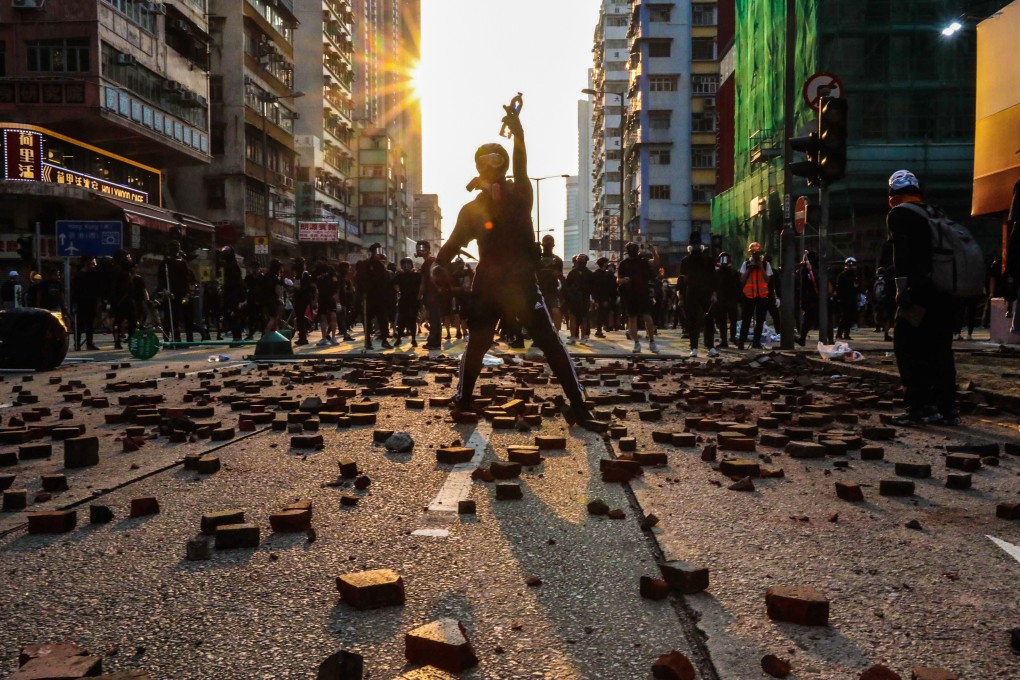Advertisement
Opinion | Protests, national security law and Donald Trump’s response show Hong Kong must act quickly to rebuild confidence
- Hongkongers acted as one to contain the spread of Covid-19. This pro-Hong Kong spirit is called for to ensure safeguards are built into the national security law to reassure the international community
Reading Time:4 minutes
Why you can trust SCMP

Frustrated by an increasingly hostile United States, the Covid-19 pandemic, a continuing protest deadlock in Hong Kong, and Taiwan’s dismissal of its “one country, two systems” overture, China has hit out on several fronts. From border skirmishes with India to tough posturing in the South China Sea, Beijing is flexing its muscles with a new go-it-alone resolve.
Advertisement
On May 28, China’s National People’s Congress voted to pass on a weighty task to its Standing Committee – “establishing and improving the legal system and enforcement mechanisms for the Hong Kong special administrative region to safeguard national security”. While Article 23 of Hong Kong’s Basic Law requires the city to enact its own national security laws, Beijing has pre-empted the city’s legislature.
Hongkongers will simply have to come to terms with this fait accompli. That matters came to such a pass is due to a maladroit government that has clearly abdicated its de jure role, protesters caught up in revolutionary fantasy and a pan-democrat camp preoccupied with unproductive filibustering.
Greatly troubling is the pan-democrat silence over black-shirt vandalism, which even one-time supporters of the youthful movement have found hard to countenance. This was a tactical misstep. Supporting democratic initiatives to strengthen institutions and the rule of law while denouncing violence would have made the movement’s case stronger and eliminated an obvious casus belli.
Pan-democrat legislators lost the ability to productively shape and direct the groundswell of street anger. This has severely limited the city’s ability to play a substantial role in charting its own future with a “high degree of autonomy”.
Advertisement


Advertisement
